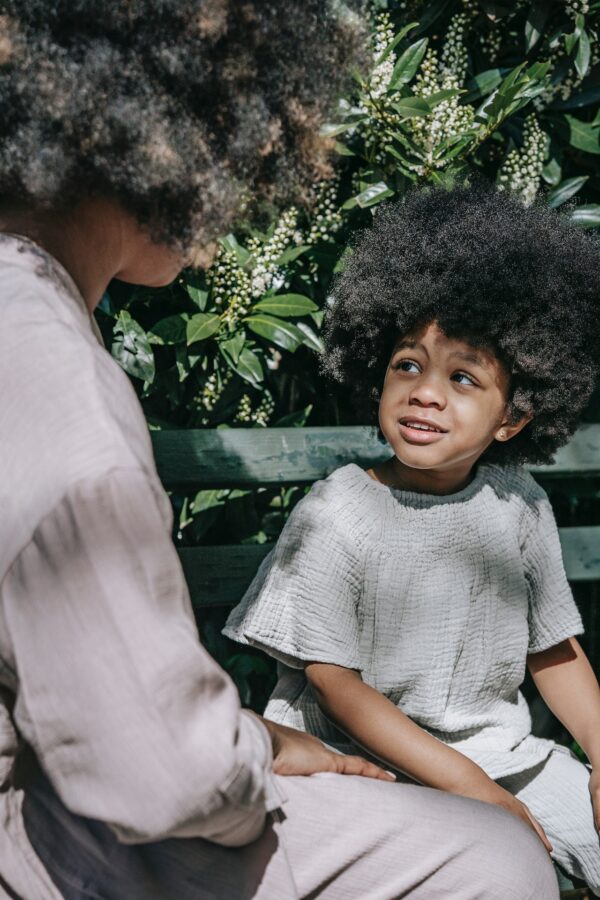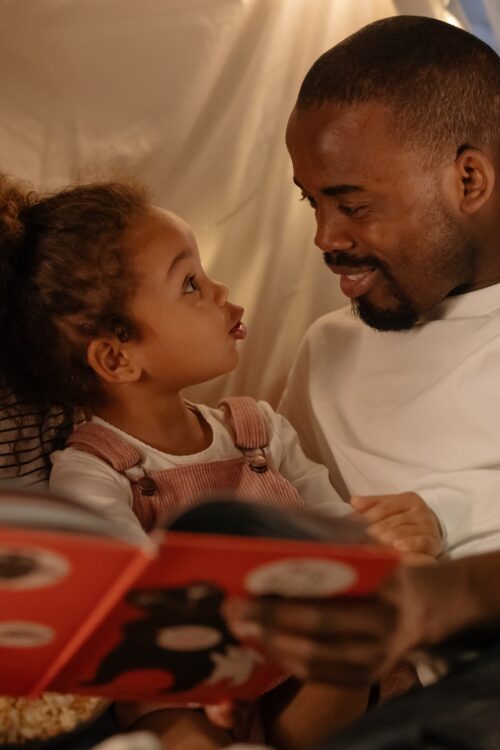We’re living in challenging times where we sadly hear about war and conflict every day. Although these difficulties may be happening abroad and seem far removed, the world is more connected than ever. Our children are often exposed to news and information about wars and conflict and ultimately have questions. These complex and often distressing topics can be challenging to discuss, but it’s essential to help our children understand and navigate the realities of our world.
Here are our top 10 tips for talking to children about war and conflict in a sensitive and age-appropriate manner.
1. Chose the Right Time and Place.
Select a calm and quiet environment where you can have an open conversation. Find somewhere your child will feel they are able to talk to you freely without other people listening. Make sure you have ample time to address their questions and try not to rush the conversation, even though it may be difficult. Avoid discussing these topics right before bedtime as it might lead to nightmares and anxiety.
2. Start with Listening
Begin the conversation by listening to your child and acknowledging their questions and feelings. It’s important to understand that children may have different emotional responses to the news of war. By creating a safe space for them to express their thoughts, fears or confusion, you will be able to reassure your child that it is okay to feel a range of emotions.
3. Encourage Compassion
Teach your child the value of empathy and feeling kindness to others. Encourage your child to think about the impact of their words and actions to others, both in everyday life and worldwide. Remember to praise your child when they are empathetic towards others with their words or actions, reinforcing the value of showing compassion in their lives.
4. Age-Appropriate Language
Use appropriate language based on your child’s age and comprehension levels. Younger children need simpler language, while older ones may be able to have more detailed conversations. Avoid using graphic or violent language when talking to your child and always provide some context to support your child’s understanding.
5. Encourage Questions
Let your child lead the conversation. Encourage them to ask any questions and express their worries and concerns. Lots of children may have heard things at school so allow them the space to talk about this and ask questions for you to clarify. Be patients and honest with your responses, but avoid overwhelming them with too much information.
6. Provide Historial Context
It is important to be honest with your children and provide some historical context where possible. Explain to your child that war and conflicts are sadly part of human history and that societies have overcome similar challenges in the past and will do again!
7. Hope and Resilience
When talking to your child about the hardships and challenges of war, it is crucial to emphasise the hope, resilience and compassions of people. Share some examples of individuals who have lead the way, or communities that have come together to support each other during difficult times. The ‘Little People, Big Dreams‘ book series by Marie Isabel Sanchez Vegara offers easy to read stories of inspirational leaders appropriate for children.
8. Highlight Peace
Highlight to your child the collective desire to peace across the world. Introduce your child to the concept of individuals and organisations who advocate for peace and who have worked towards resolving conflicts peacefully. This can inspire a sense of hope and a belief in positive change.
9. Monitor Media Exposure
In this digital age, children are easily exposed and can access distressing images and news. Help navigate your child’s media consumption by monitoring their exposure and suggesting age-appropriate sources of information. Shows like CBBC Newsround provide an age-appropriate insight into what is happening around the world in an informative but child-friendly way.
10. Reassure Safety
Finally, it important you assure your child of their safety and the safety of their loved ones. Highlight the importance of staying united and accessing support within their family, friends, school and community networks. If your child is feeling nervous or unsafe, it is important they know they can always come to you for reassurance.
Talking to children about war and conflict abroad is a delicate process, but it is crucial for their understanding of the world. Be approaching these conversations with empathy, age-appropriate explanations, and with a focus on peace, hope and compassion, we can help our children become informed, empathetic individuals who care about the world around them and who are importantly equipped to navigate an increasingly complex world.







